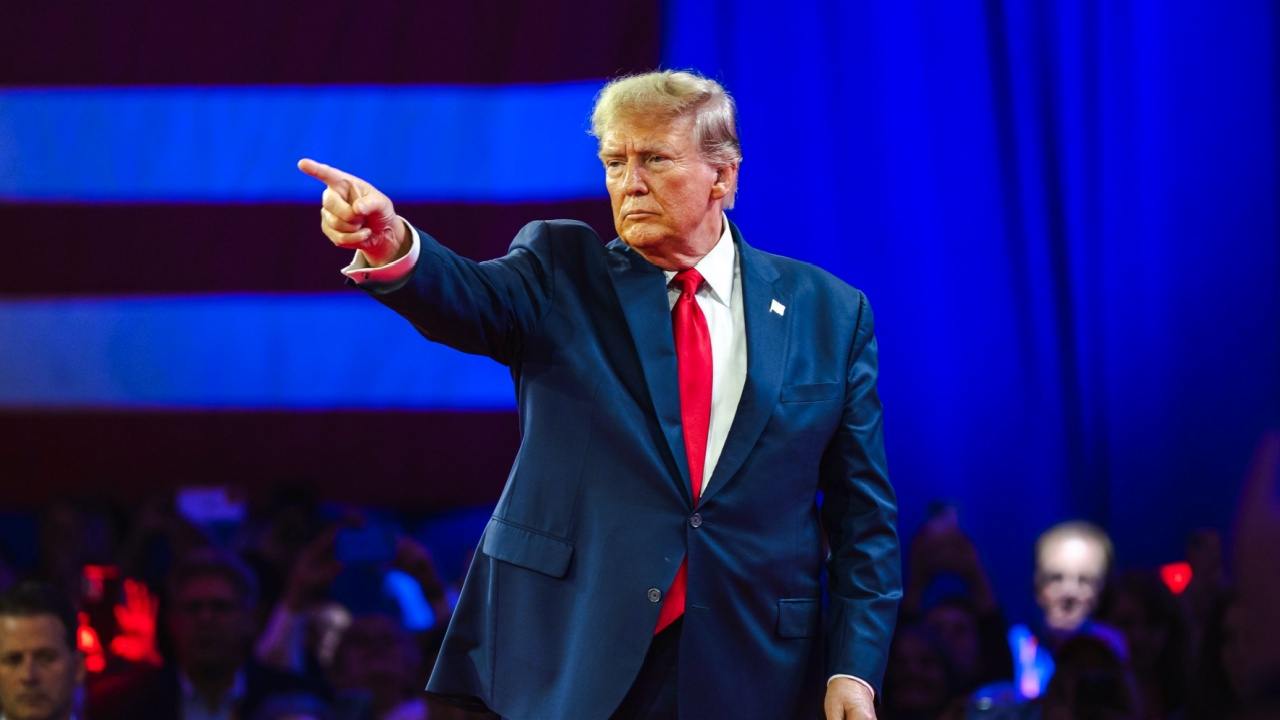Cardano Turns 7: A Look Back At Key Milestones And The Road Ahead
On Friday, the Cardano blockchain marked its seventh anniversary, solidifying its position as one of the most recognized protocols in the cryptocurrency market. Currently, Cardano’s native token, ADA, ranks eleventh among cryptocurrencies, boasting a market capitalization of approximately $14 billion. Input Output Global (IOG), the development company behind Cardano, celebrated this milestone on social media, […]

On Friday, the Cardano blockchain marked its seventh anniversary, solidifying its position as one of the most recognized protocols in the cryptocurrency market. Currently, Cardano’s native token, ADA, ranks eleventh among cryptocurrencies, boasting a market capitalization of approximately $14 billion.
Input Output Global (IOG), the development company behind Cardano, celebrated this milestone on social media, highlighting significant achievements since its inception by co-founder Charles Hoskinson, who also played a key role in the creation of the Ethereum blockchain.
Cardano’s Architectural Evolution Over Seven Years
In a commemorative video, IOG shared notable statistics reflecting Cardano’s growth and development. The blockchain has facilitated over 95 million transactions, showcasing its usage and adoption through the years.
Additionally, more than 74,000 Plutus scripts have been executed, which are essential for the effective deployment of smart contracts on the platform.
Cardano has also witnessed significant community engagement, with the creation of 1.3 million delegated wallets and the publication of 226 research papers. Furthermore, approximately 1,373 projects have been launched on the blockchain, also showcasing the community usage.
The Catalyst funding program, which has undergone 12 funding rounds, has played a crucial role in advancing the Cardano ecosystem. This initiative has supported over 1,800 funded ideas, fostering upgrades and further developments within the protocol.
However, the last seven years have also seen significant transformations in Cardano’s architecture. The transition from the Shelley era to the Alonzo hard fork marked a pivotal shift.
Moves Toward Decentralized Decision-Making
The Shelley era, which began in 2020, focused on decentralization and enhancing network security through the introduction of the Ouroboros upgrades. These upgrades improved stake pool operations and ADA delegation, encouraging staking rewards for users.
The Alonzo hard fork, implemented in 2021, enabled smart contract functionalities on Cardano, significantly increasing the block size and enhancing script memory unit parameters. This advancement allowed developers to create decentralized applications (dApps) that leverage Cardano’s capabilities.
Further enhancements came with the Vasil and Chang upgrades, the latter being the first hard fork of the Voltaire era, the protocol’s final era. The Vasil upgrade, released in 2022, introduced new features, including Plutus script upgrades to reduce transaction costs and the implementation of diffusion pipelining for faster block propagation.
The recent Chang upgrade is being rolled out in two phases, introducing on-chain governance to the network. The first phase, which implements governance features through CIP-1694, sets the foundation for decentralized voting and governance actions.
The second phase will introduce additional governance functionalities, including delegated representative participation and treasury withdrawals, further empowering the community. Next Steps In The Voltaire Era
Looking ahead, the second part of the Voltaire era will replace the initial genesis keys, which have been key in managing the network since its inception, with ongoing support from stake pool operators (SPOs) and increased involvement from delegated representatives (DReps) and the Constitutional Committee (CC).
The next steps toward achieving decentralized governance involve ensuring that stake pool nodes meet the required thresholds for operation and that decentralized applications (DApps) are nearing completion.
The final transition to the Voltaire era will occur with the last use of the Genesis keys, which will trigger a hard fork and cement Cardano’s status as a self-sustaining blockchain. However, further announcements of subsequent upgrades and their respective dates remain undisclosed.
At the time of writing, the protocol’s native token, ADA, is trading at $0.403, up nearly 15% in the last week alone amid the broader market rally.
Featured image from DALL-E, chart from TradingView.com
What's Your Reaction?




















